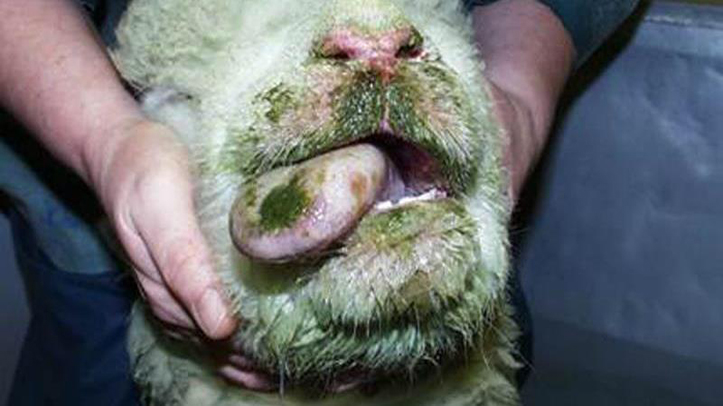Following active surveillance within the 10km temporary control zone (TCZ), a further four cases of bluetongue serotype 3 (BTV-3) have been identified in cattle on two additional farms.
“It’s clear the surveillance is working,” said Dr Joseph Henry BVMS Cert SHP MRCVS, chair of the Ruminant Health & Welfare (RH&W) bluetongue working group and president of the Sheep Veterinary Society.
“All of these additional confirmed cases are from cattle with no clinical signs, all of which are on farm premises within the 10km TCZ that surrounds the first case found near Canterbury, Kent – they have all been culled to reduce any risk of onward transmission.”
Dr Henry continued: “So far, there is no evidence of circulating virus in the UK midge population and with the overall temperature dropping, the risk of midge disease transmission is reducing.
“The TCZ remains in place with on-going surveillance on all livestock, so please ensure your animals are registered – it’s never too late to register your stock officially.
“There is also on-going surveillance in areas outside the TCZ, as part of the routine bluetongue monitoring strategy. This was how the original case was detected.”
Legislation remains in place around any movement of animals into and out of the control zone. Farmers and vets can view the latest licences available and how to apply on the RH&W website bluetongue hub on the Ruminant Health & Welfare website.
“It remains the case that farmers need to beware when buying animals in, take action to report any signs, and always, remain vigilant,” reiterated Dr Henry.


